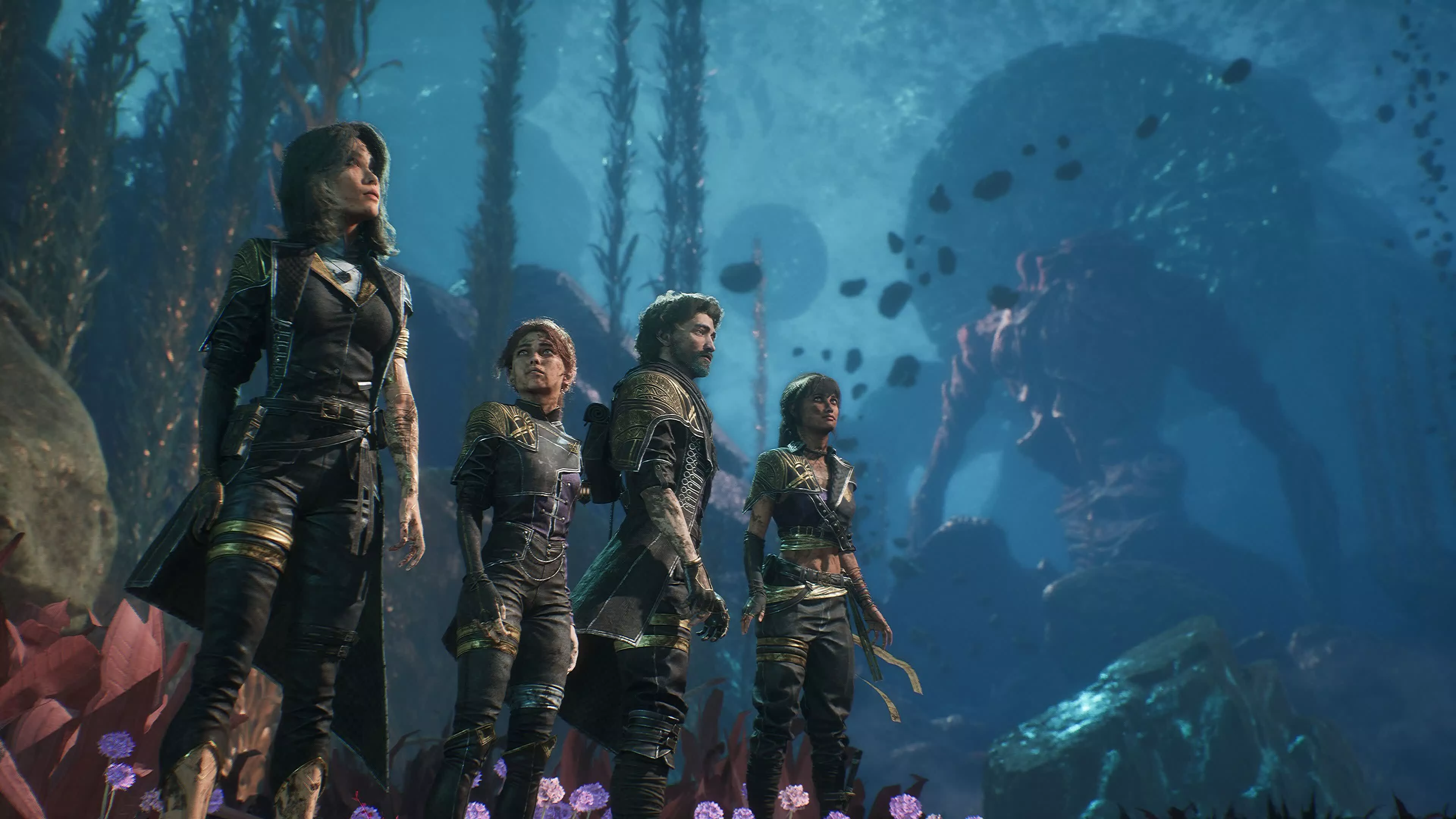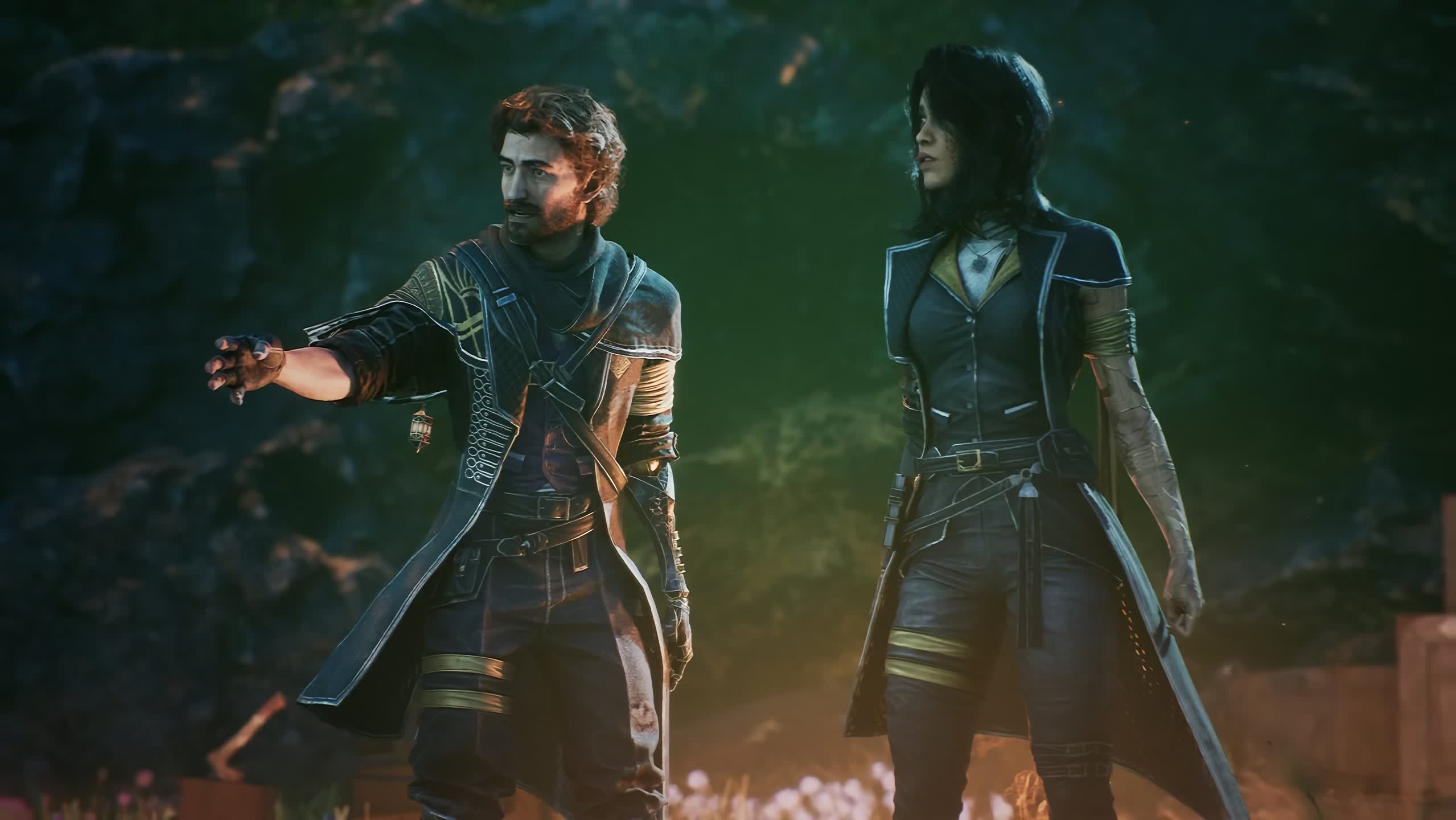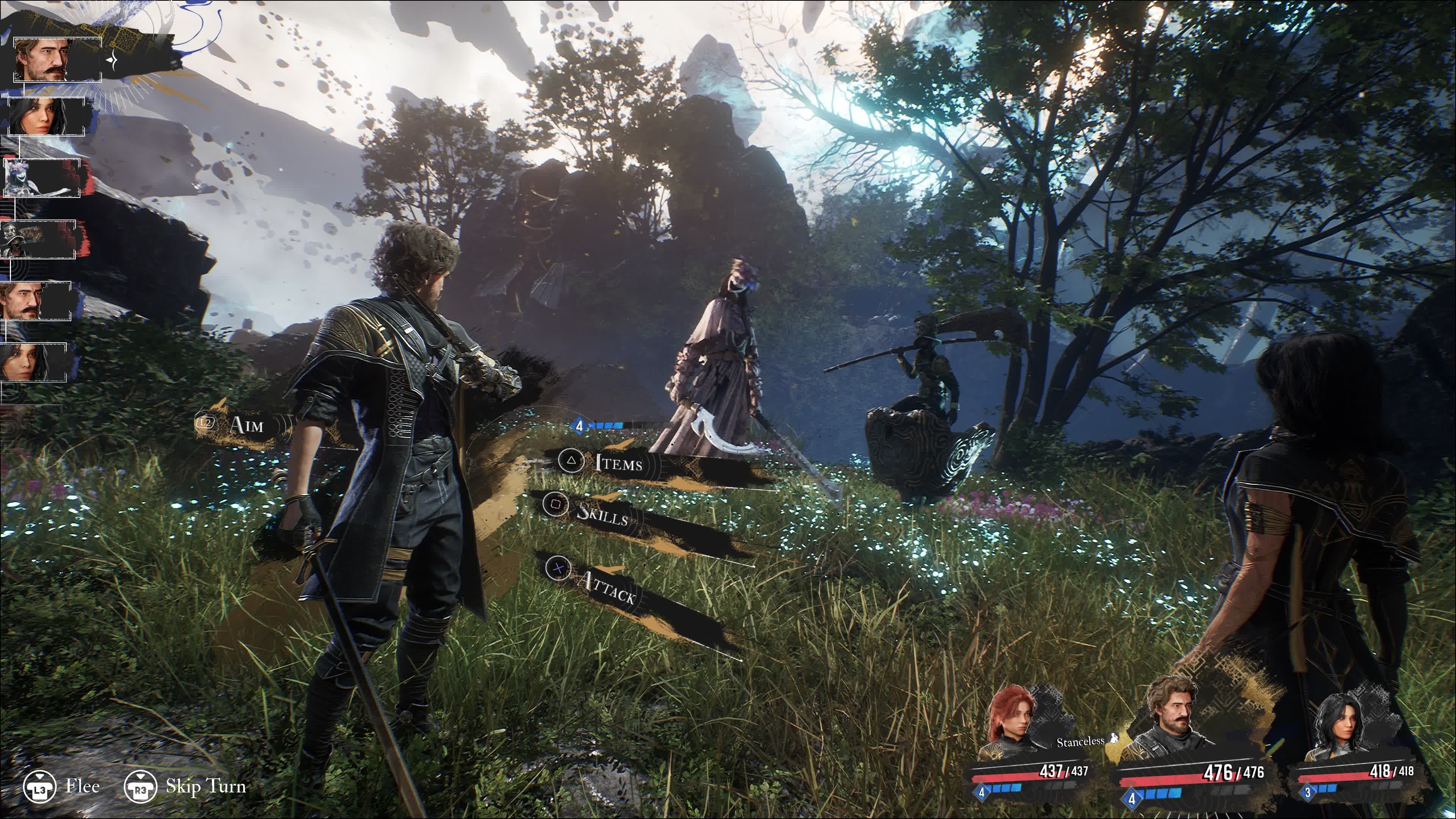Let's get back to fun: The video game industry has always been unpredictable, but the current trend in triple-A development raises serious concerns about its long-term viability. As costs rise and development processes grow increasingly bloated, many question whether the industry is on the verge of another crash. Recent statements by former Ubisoft creative director Guillaume Broche suggest the situation may be more dire than previously thought.

Broche, who founded Sandfall Interactive after his tenure at Ubisoft, recently commented that getting approval to develop Clair Obscur: Expedition 33 would have taken "25 years" at a larger corporate studio. His statement emphasizes the magnitude of bureaucratic red tape involved with large AAA developers. Fortunately, Broche escaped the constraints of corporate politics.
His departure from Ubisoft is a case in point. Broche told the BBC that he quit Ubisoft because he was 'bored' with his job and frustrated at the lack of creative freedom. That says a lot about the struggling publishing house, considering his titles included Assistant Creative Director, Associate Producer on Ghost Recon Breakpoint and The Division 2, and Brand Development Manager and Narrative Lead on the Might & Magic franchise.

"Projects like these [Clair Obscur] – with new IPs, original stories, completely original characters – are super hard to push through in a big company. There are a lot of approval steps, and in general, in big structures, you already have to have proven yourself and be pretty high up in the hierarchy just to have a chance at pitching this kind of project. For me, a project like this would've taken 25 years to make in a big company. And I don't have that much patience. We also wanted to do things our own way and really create an atmosphere. That's what this game is – creating a vibe."
His feelings are hardly surprising considering how the industry's biggest franchises – particularly Ubisoft's – have stagnated. Assassin's Creed, once groundbreaking for its parkour and crowd mechanics, has become a repetitive cycle of sequels offering more of the same with less polish. What began as a fresh and exciting series is now a shadow of its former self.

Despite attempts to refresh the series with features like settlement building and "museum mode," these additions failed to rekindle the magic. Ubisoft put multiple teams and studios to work revamping the franchise, but much of what they added felt like clutter. Even the mechanics that once made the series unique – like moving through crowds – now feel neglected, as if developers put little effort into maintaining them. In AC Syndicate, for example, Jacob or Evie sometimes perform the nudge-aside animation after they've already passed the person they were nudging.
Also read: Former PlayStation boss says gaming price hikes are inevitable, but lack of value is the real issue
It's easy to use Ubisoft as a whipping post, especially considering Broche's remarks, but this problem isn't unique to the French developer. Nearly every AAA studio has fallen into the same rut, treating microtransactions, season passes, and price hikes as the only solutions to declining revenue while ignoring the real issue: a growing lack of innovation.
If the industry doesn't change course, it will face a crash similar to 1983, with only indie studios surviving. The signs are already visible: players reject inflated prices and formulaic designs by playing their backlogs and waiting for sales. The days of blindly throwing money at games offering little in return have ended. If developers don't take risks and embrace new ideas, they'll face a market that no longer accepts their stale approach.